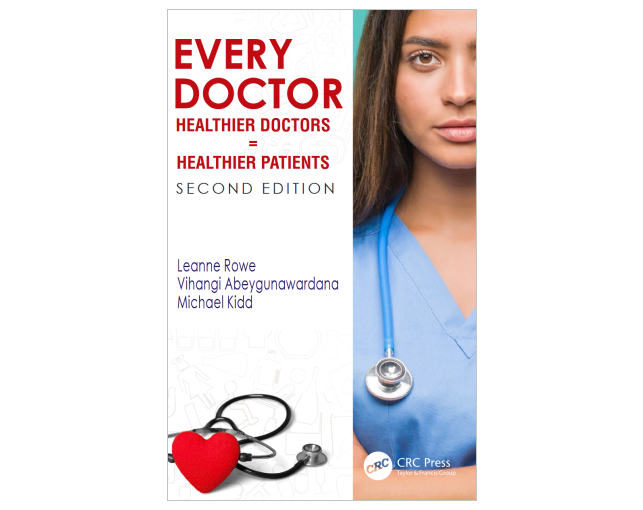Purchase Discounted
eBook Online Now
Every Doctor is a must-read for doctors of all specialties, at all stages of their careers, wherever they practise around the globe.
Dr Donald Li (Hong Kong, China), President, World Organisation of Family Doctors (WONCA), 2018-2020
“As we immerse ourselves into this wonderful account of our work and challenges as doctors, and reflect upon our personal lives as well as our physical and mental health, we appreciate more and more that everyone should have a family doctor. Michael and Leanne are indeed the best family doctors to author Every Doctor because they have demonstrated in this book how much they understand about us as medical practitioners, as leaders and advocates, and about our journeys and our future. They share precious experience and offer precious advice.”
Dr Geoffrey Toogood, cardiologist, mental health advocate and founder of #crazysocks4docs
“I am delighted that Drs Rowe and Kidd have written another golden book for doctors on mental well-being and cultural change. Once again, they have used their considerable expertise to hit the mark. It will join their first book on my bookshelf and I suggest other doctors do the same.”
Associate Professor Sandy Buchman, Family Physician Practising in Palliative Care, President-Elect of the Canadian Medical Association
“Every Doctor spoke to me deeply and personally – listening to its wisdom, touching me in areas of meaning and significance in my life as a physician, medical leader and human being. Emphasizing how important it is to care for each other as we face the challenges of 21st Century medical practice, I felt cared for, much like I do when visiting my personal family doctor. Every Doctor will speak to you as well.”
Dr Iona Heath CBE, President, Royal College of General Practitioners (2009-2012)
“If you ever feel like giving up medicine – and all of us have those sorts of days – then this remarkable, courageous and joyful book is the one for you.”
Professor Amanda Howe OBE, President, World Organisation of Family Doctors (WONCA), 2016-2018
“Sometimes we read to escape from the demands of our daily lives – and sometimes we read in order to refresh our practice; to gain renewed understanding and take new opportunities. This book will challenge, question and support us to be more aware of both the risks we run as doctors, and how we can deal with them effectively and fruitfully. Read it alone, or with colleagues, and then discuss – it will be worth it.”
Professor David Bennett, Senior Staff Specialist in Adolescent Medicine, Sydney Children’s Hospital Network, Australia
“With intelligence and keen insight based on extensive clinical, organisational and life experience, Drs Leanne Rowe and Michael Kidd deliver a powerful wake-up call to doctors. Writing with warmth and empathy but no holds barred, they ask us to ‘get our own house in order’ for the benefit of all involved. I believe that doctors throughout the world will appreciate their efforts and resonate with the quality and character of the work.”
Emeritus Professor John Murtagh, Department of General Practice, School of Primary Health Care, Faculty of Medicine Nursing and Health Sciences, Monash University, Australia
“As implicit in the title the book reaches out to every doctor from recent graduates to the experienced –general practitioner and specialist. The message is universal, timeless and challenging.”
Disclosing myths: Doctors can seek help for their mental illness from their own treating doctor without fear for their career
Doctors continue to have high levels of mental illness and suicide partly because a medical career has never been more challenging. It is unthinkable that most doctors believe they cannot disclose their distress...
What my young patients taught me about parenting
Despite meticulous time management and delegation as a doctor, there were times when I found cobwebs on the laundry left on the clothesline too long, or a moldy school lunch or squashed banana forgotten at the bottom of a school bag at home...
Author
Michael Kidd
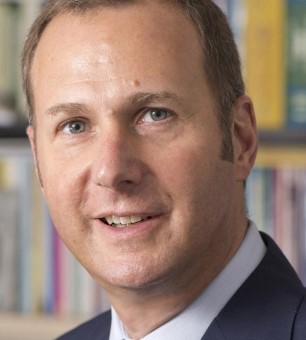
Professor Michael Kidd AO is a Professor of Global Primary Care and Future Health Systems at the University of Oxford in the United Kingdom, and Foundation Director of the International Centre for Future Health Systems at the University of New South Wales in Australia. He served as the Deputy Chief Medical Officer of Australia throughout the COVID-19 pandemic with responsibility for the development and implementation of the national primary care response to COVID-19. He is a past president of the Royal Australian College of General Practitioners, a former Chair of the Department of Family and Community Medicine at the University of Toronto, and Foundation Director of the World Health Organisation Collaborating Centre on Family Medicine and Primary Care.
Author
Leanne Rowe

Leanne Rowe is a rural doctor and clinical professor at the Department of General Practice, Monash University, Australia, who has cared for other doctors as patients for many years. In the past, she has served as the Chairman of the Royal Australian College of General Practitioners, Deputy Chancellor of Monash University and non-Executive Director of a number of foundations including Beyond Blue: the national depression initiative in Australia. She has also served as a non-executive director on a range of public and private health-related boards, across many specialities, including hospitals, and aged care, mental health, telehealth, radiology, pathology and medicolegal providers.
Author
Vihangi Abeygunawardana
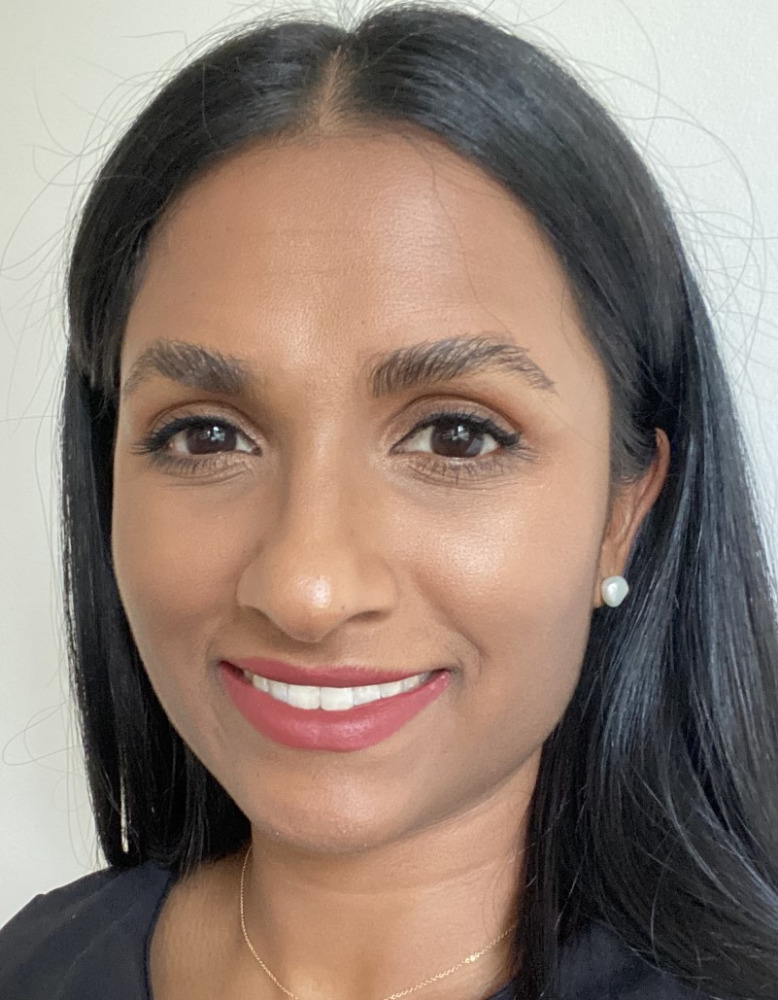
Vihangi Abeygunawardana is our new co-author. She has worked in public hospitals across Brisbane and Melbourne in Australia over the last 4 years, and, in particular, has gained a deep insight into the challenges doctors in training have faced during the global pandemic. She has worked extensively in the medical, surgical and frontline COVID- 19 wards at Melbourne’s Austin Hospital, and as of 2022, she has been an ICU registrar in metropolitan and regional Victoria.
More
Articles
-

Bullying in medicine: a harm-minimisation approach
4 March 2019Health care is increasingly complex. Objective peer review, constructive feedback and robust debate are essential to continually improve the quality of patient care. But doctors don’t always disagree well. One of the contributing factors to bullying in medicine is the complex interplay of different personality types in very stressful situations...
-

Endemic bullying: narcissistic personality disorder in medicine
11 March 2019How is it possible that endemic bullying (here, here, here and here) persists in medicine despite a Senate inquiry, viral social media campaigns, doctor education, incident reporting and other initiatives to improve awareness, mutual respect and medical culture?...
-

Fight systemic racism in medicine
5 June 2018As a medical student, every eight weeks I rotate through a new specialty in a new hospital or health service. This means every eight weeks, I flick over to a new chapter in my textbook, learn a new set of medical lingo, meet a new team of doctors and a new cohort of patients...
-
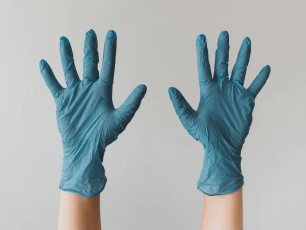
Where this physician finds joy in medicine
4 October 2018My country rotation as a medical student was overshadowed by a heated argument between the general practitioner and his wife. Decades later, I now understand the frustration and challenges of rural general practice...
-

What my young patients taught me about parenting
30 September 2018Despite meticulous time management and delegation as a doctor, there were times when I found cobwebs on the laundry left on the clothesline too long, or a moldy school lunch or squashed banana forgotten at the bottom of a school bag at home...
-

Greg Maulder relaxation audio recording
23 April 202015 minute Yoga Nidra recording by Greg Maulder helps with relaxation and sleep. Try to follow all the instructions and stay awake if you use it during the day. Listen to the recording regularly to condition your mind even if you are distracted and find it difficult to concentrate. By trying to stay awake to listen to the recording, it is likely you will let go of your anxiety and fall asleep before the instructions end.
-
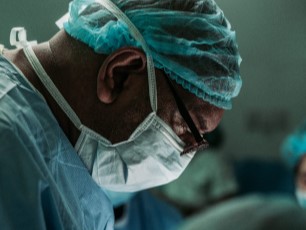
When a doctor says “I am depressed”
29 January 2019My first response to a colleague who says “I am depressed” is critical for a number of reasons. Doctors have tough emotional masks and it has been difficult for my colleague to trust someone and disclose this. Due to the enormous stigma surrounding mental illness in the medical profession,..
-

5 ways we can prevent doctor suicide
5 December 2018We have failed to address the scale of suicide and mental illness in the medical profession, which is a global issue. Each of us can help prevent doctor suicide with these five strategies both locally and worldwide...
-

Disclosing myths: Doctors can seek help for their mental illness from their own treating doctor without fear for their career
18 February 2019Doctors continue to have high levels of mental illness and suicide partly because a medical career has never been more challenging. It is unthinkable that most doctors believe they cannot disclose their distress...
-
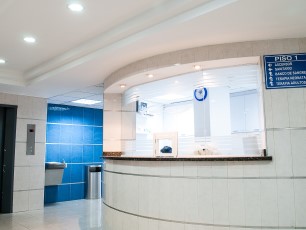
Managing Extreme Stress
28 Dec 2018After a busy, challenging year, it can sometimes be hard to switch off our overstimulated minds and enjoy a well-earned rest over the festive season while catching up on our family and personal responsibilities...
-

Self help principles alone not the answer for doctor burnout
20 Feb 2019While common, it’s not normal. However, the term itself is overused and doctors in particular tend to ‘switch off’ when they hear it. The fact burnout is hard to define only adds to the medical profession’s general aversion of the term...
